Not every kid comes out of the womb loving reading. (Or, even comes out of preschool loving reading.) No matter how much you read to your kids or encourage reading, sometimes it just doesn’t click right away. And that’s okay!
fter years of writing about this — let alone raising a whole lot of kids among us — we wanted to share some of the expert tips we’ve picked up on and the research we’ve come across, to help kids who may be struggling with basic reading skills, or reluctant to read on their own.
When kids are excited about reading, they read more. And we all know how important that is, right?
Related:Why it’s important for kids to read diverse books, with author Meena Harris
9 expert ways to get kids excited about reading
This post contains affiliate links and some purchases may help support our team at no additional cost to you, so thank you!
1. Read with kids from the minute they’re born
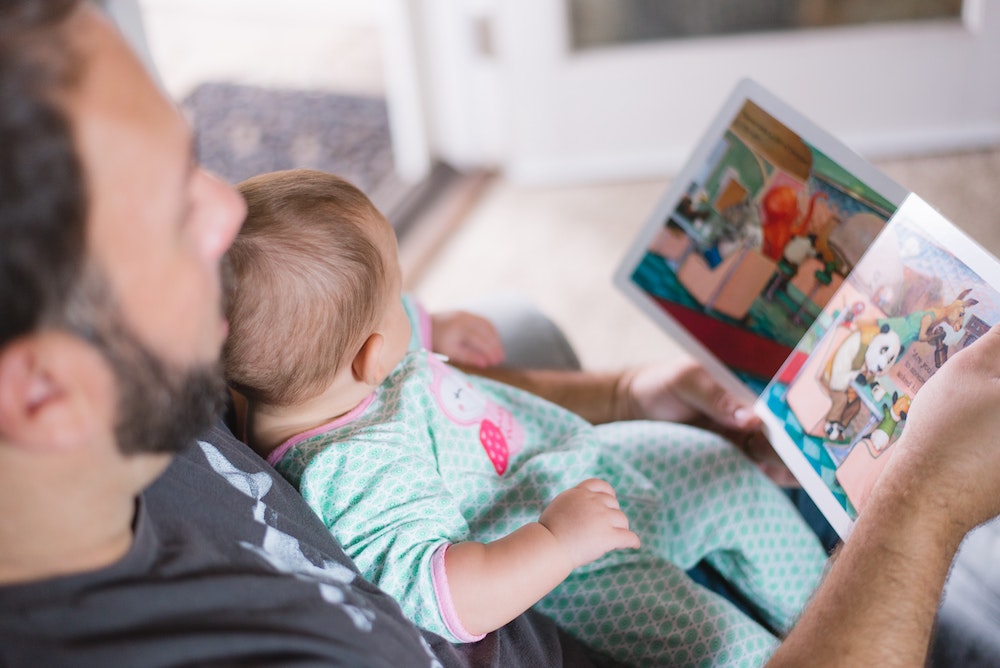
Well, maybe not the very minute, seeing as how you’ll have other things on your mind then. But a 2017 study from an NYU pediatrics department researcher has shown that reading to your kids soon after they’re born has boosted their reading and vocabulary skills four years later, before elementary school starts.
Reading in infancy also boosts a kid’s brain power and introduces them to colors, shapes, people, and places. And when reading is a part of their regular routine, they’ll quickly realize that it’s fun — and that there’s always a new adventure when you read a new book. And what could be more exciting than that?
2. Have lots of books around the house…and other things they can read
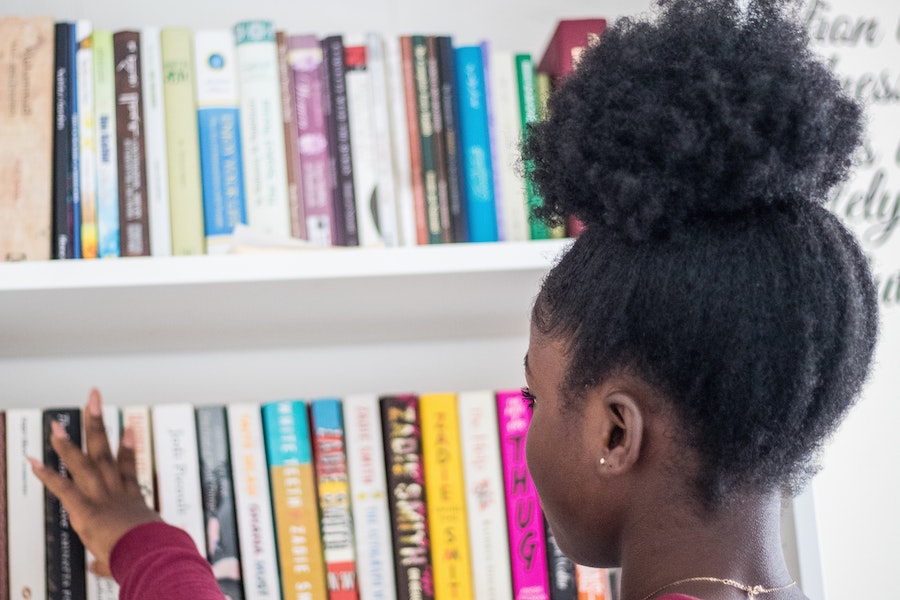
Growing up in a house of books is a huge boost to literacy, according to lots of studies, including this one that saw correlations in 31 different countries! So keep your bookcases full, and reading materials within easy reach for kids, whether in a cute, accessible bookcase like this one made for kids, on just the living room table. Stack books on the kitchen counter, or in the back seat of the car — provided they don’t get car sick — It’s all good.
But it’s not just books that kids need to have around. We chatted with linguistic expert Dr. Cindy Blanco of Duolingo ABC on our podcast and she confirmed what we’ve always known: that anything at all kids are reading is good! Posters, t-shirts in their drawer, comics, greeting cards, catalogues, the sides of cereal boxes — reading is not just about books.
This is backed up by research from the Educational Testing Service that determined that the kids most proficient in reading are those with an endless supply of reading material at home. As well as previous literary research that looked at 42 nations around the world, and determined a “strong, clear, statistically significant” correlation between reading material at home and test scores.
3. Let kids read whatever interests them
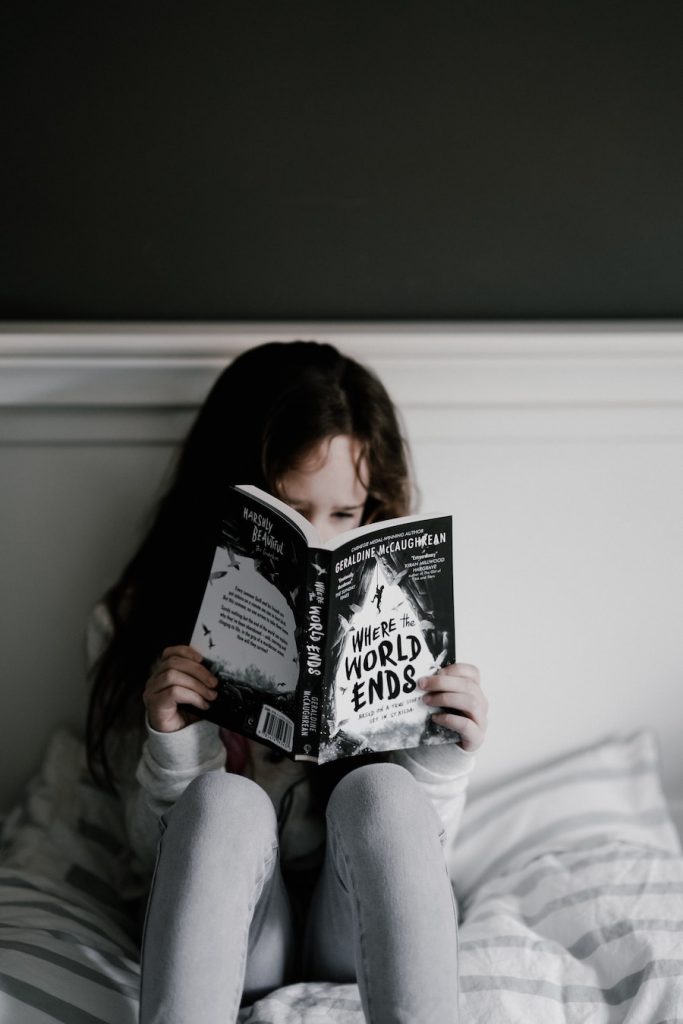
Sometimes we’re so excited to push our kids to read, that we pick the books we think they should be reading, instead of the books they actually are interested in. Tons of research indicates that kids’ favorite books are overwhelmingly ones they’ve picked out themselves.
Kids aren’t shy about sharing what they like — if they’re into gaming, we found great books for kids who love video games. If they like reading about notable people who share their cultural identity, there are books for that. Kate shared the story of her son discovering he loved books written in verse, so she bought more of those.
Don’t gatekeeper topics — encouraging your children’s interests is so important, an idea supported by research from authors and experts like Katie Hurley. No need to be all, “but Shakespearean sonnets!” with your early readers. They’ll get there eventually. There’s a correlation between your enthusiasm for their real passions, and their own success.
4. …and know that those interests will change. A lot.

Get ready to turn on a dime when your kid is suddenly over tigers and onto narwhals. Kids move onto new interests so quickly, for all kinds of interesting reasons, and their choice of books will reflect that.
It’s our job to adapt, even if we are sad about saying goodbye to a beloved bedtime story — or the “Favorite Animated Character From TV Goes Shopping” book they begged for and we reluctantly bought. Hey, that’s kids for you. A positive way to think of it: you can learn about their new interests together.
5. Show kids you like reading, too
Know what interests young kids? The things that interest you. Psychologists and adolescent therapists describe all the reasons it’s good to share hobbies with your kids, and that a includes reading.
Think of it this way: the same way we model good behavior when it comes to eating vegetables, saying thank you, and putting our phone down during dinner (well, we’re supposed to at least), we need to model reading as something we do for fun. So make sure your kids see you read!
6. Get help from educational apps! It’s okay!
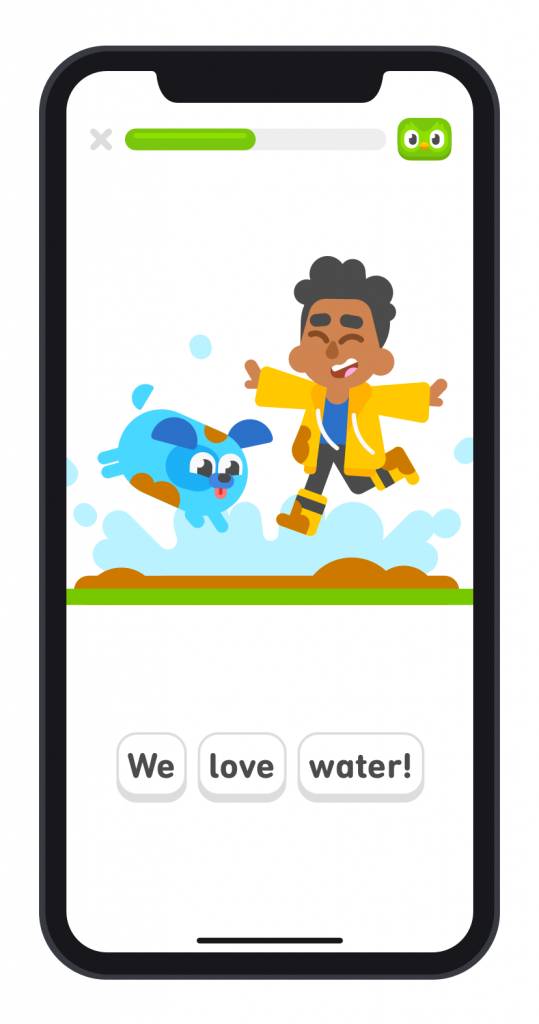
Even if you feel like you’re “doing everything right” (whatever that means for parents), some kids just struggle with certain reading skills, and research shows that lack of confidence creates frustration, and frustration leads to giving up.
For years we’ve recommended hundreds of educational apps on Cool Mom Tech to help with all kinds of skills, and the best ones are those that give kids little wins along the way, and make learning feel like fun — or to use a cliche, “kids won’t even know they’re learning.” From Duolingo ABC which is an excellent newer app, to The Endless Reader App we’ve been recommending for 10 years, you have so many choices for interactive, rewarding experiences that get kids excited to read.
7. Ease up on the pressure
Research in the Journal of Developmental & Behavioral Pediatrics has shown that even well-meaning “parental control” can backfire. Set realistic goals without piling on the pressure to succeed, and your children will be most motivated to learn all kinds of skills including reading.
Let kids read at their own pace, pick the books that are at their level — whatever their age — and end when they’re tired. You don’t have to “just finish this chapter” when their attention wanders or they’re getting fidgety or tired. Just stop where you are and pick it up again tomorrow. Same as we adults do.
8. As your kids get older, keep them reading however they enjoy it

Screen time isn’t going away, and we like Dr. Devorah Heitner’s distinction between active and passive screen time — doing versus scrolling. While preschoolers are proven to get a lot more benefit from printed books, your older kids may prefer to read on tablets like a Kindle Paperwhite for Kids, an Amazon Kids Fire Tablet, or even on their phones.
If that sounds like your kids, that’s great. Reading is reading, wherever it takes place.
In fact, Scholastic’s research reports that as kids get older, their enjoyment of reading can decrease, and as they become teens, there’s an unmistakable correlation between enjoyment of reading and mental health, including “boosting self-esteem, increasing empathy, and mitigating anxiety and depression.” So however they read — that’s good. If your older kids prefer on-screen reading, consider a subscription to Amazon Kids + or downloading the Hoopla library e-book app to give your readers unlimited reading opportunities on their devices, if that keeps them reading.
9. Keep reading out loud with your kids…even when you think they’ve outgrown it.
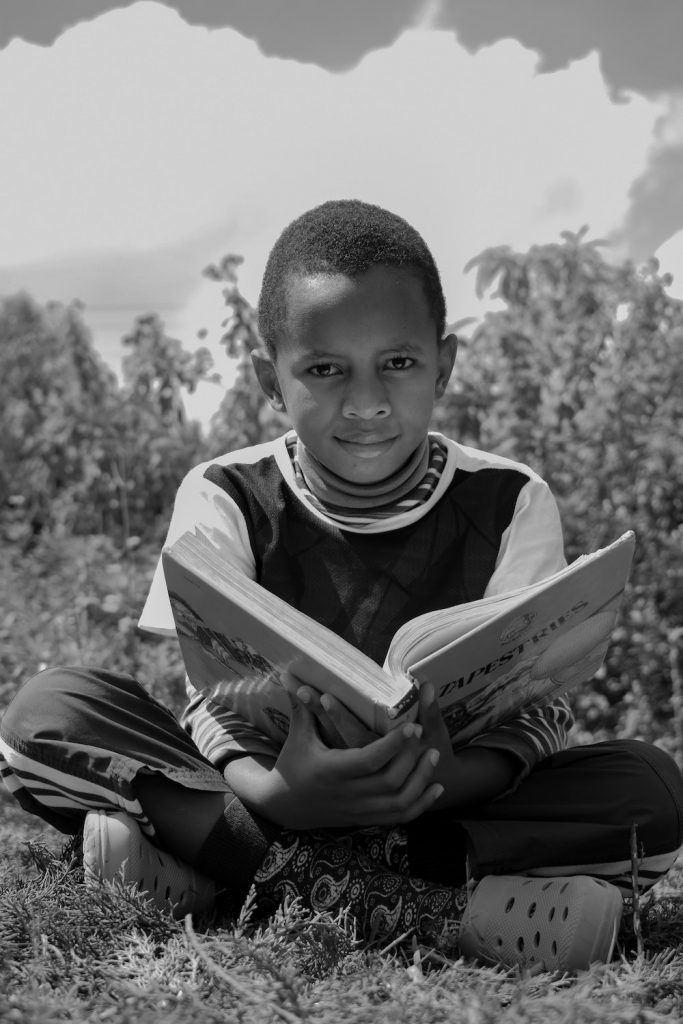
Experts always encourage reading aloud to your kids, and that includes older kids who are perfectly capable of reading on heir own. Hearing a book read out loud helps kids with comprehension and vocabulary, and hey, it’s also a great opportunity to spend some quality time together and reinforce the idea that reading is an enjoyable activity, and “something we do in our family.”
New research shows that when kids are toddler age (2-3) that cuddling up and reading an actual book with young children has so many benefits for both their reading comprehension, their attention span, and your own bonding experiences.
We’ve loved cuddling up and reading the original Wizard of Oz series or even Lord of the Rings (there’s now an illustrated version!) with our early readers. Or as they get older, try new YA classics from this list of the best YA books of all time. You’ll miss it when you have teens.
Photos by Annie Spratt, Lyrax Vincent, Picsea , Suad Kamardeen via Unsplash




Great reading message tips! Thanks for introducing it to me.